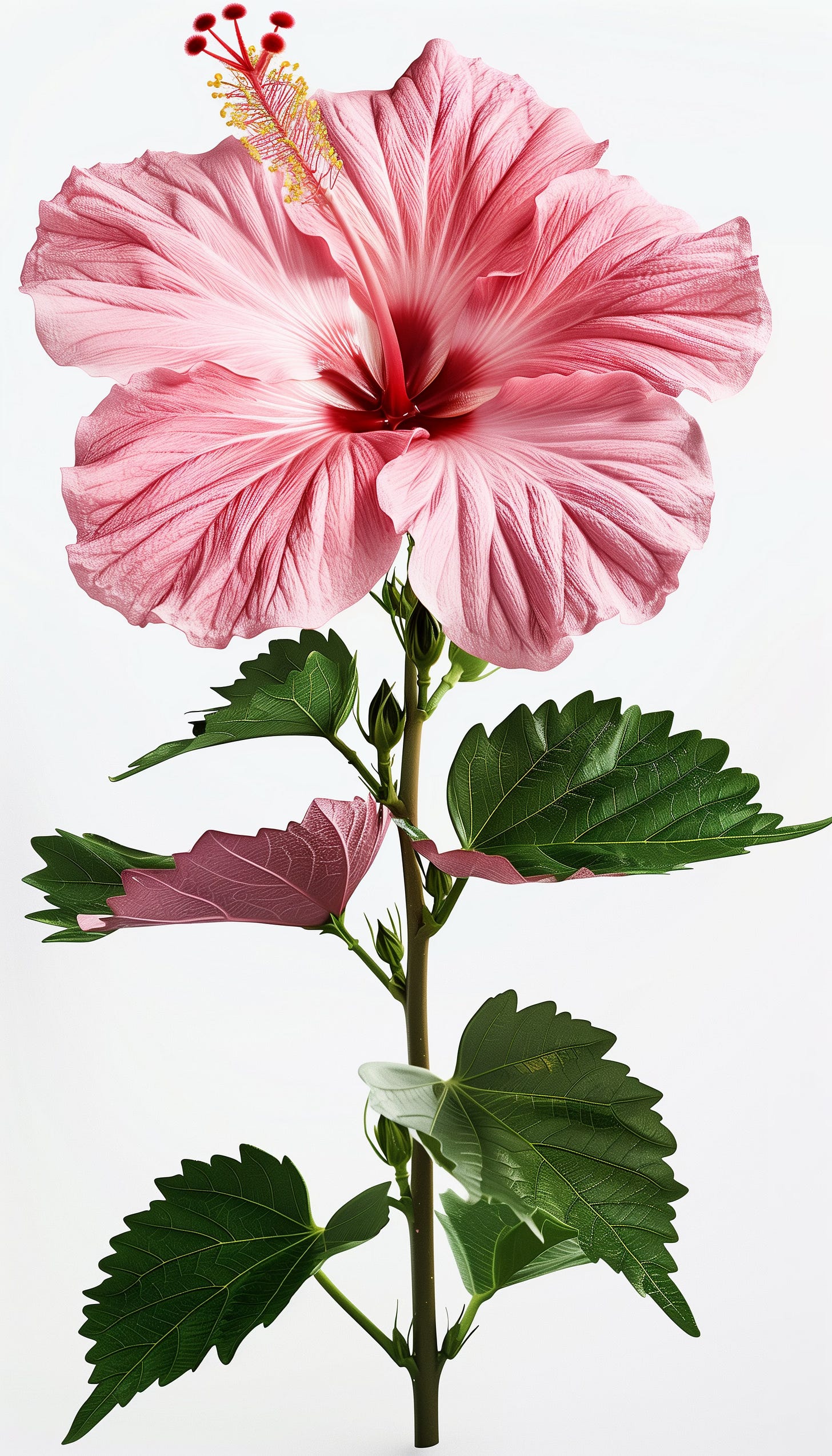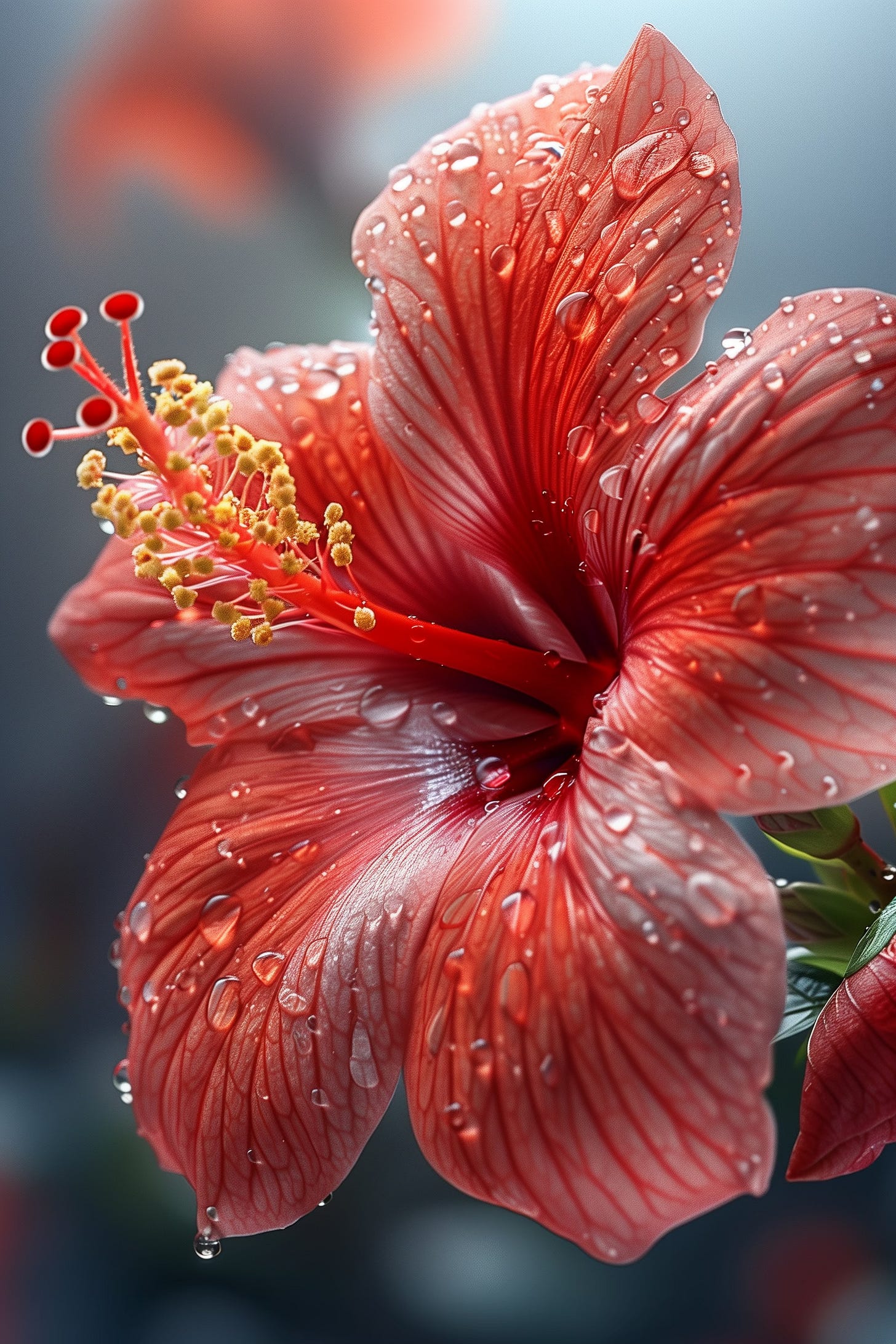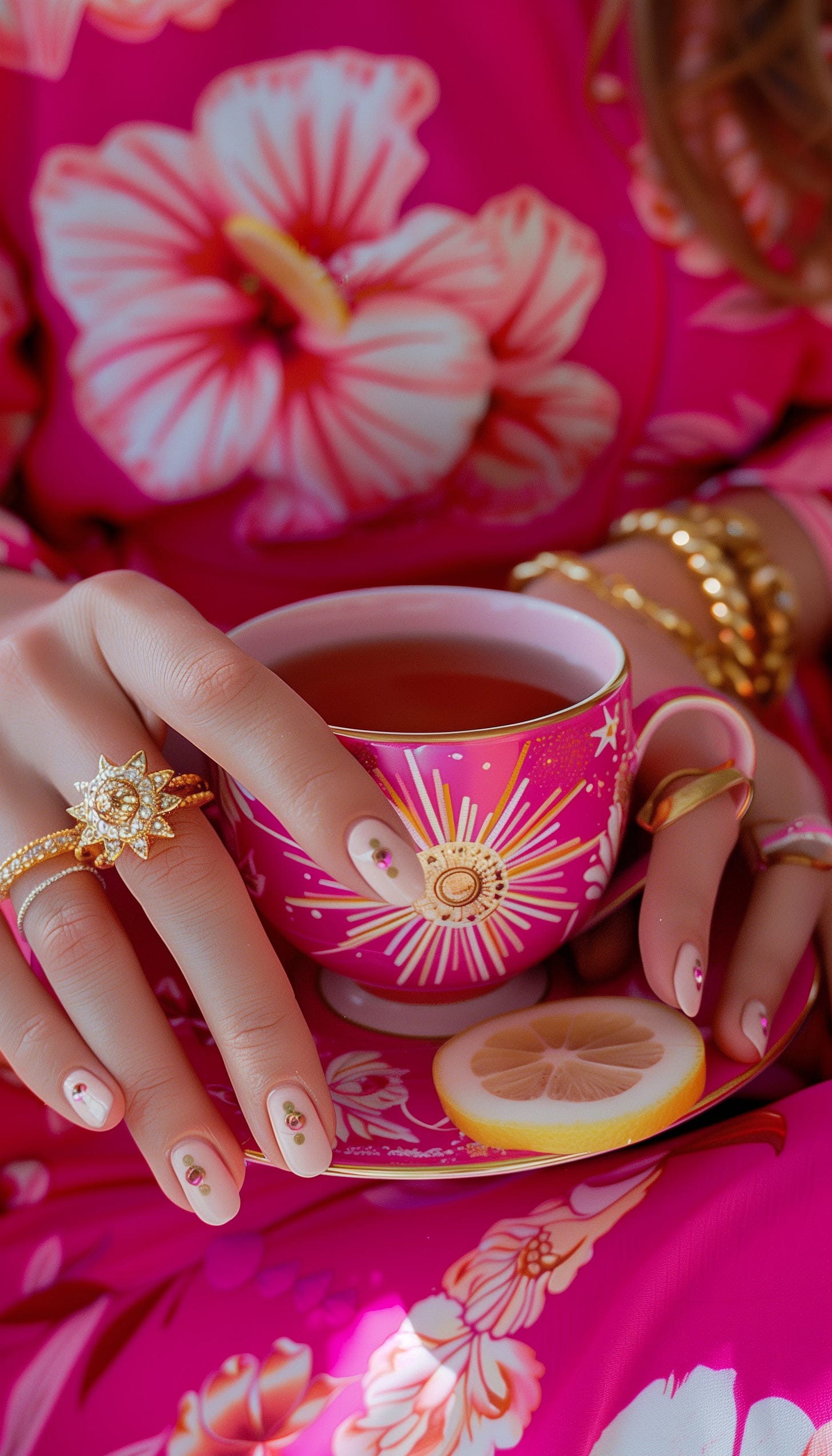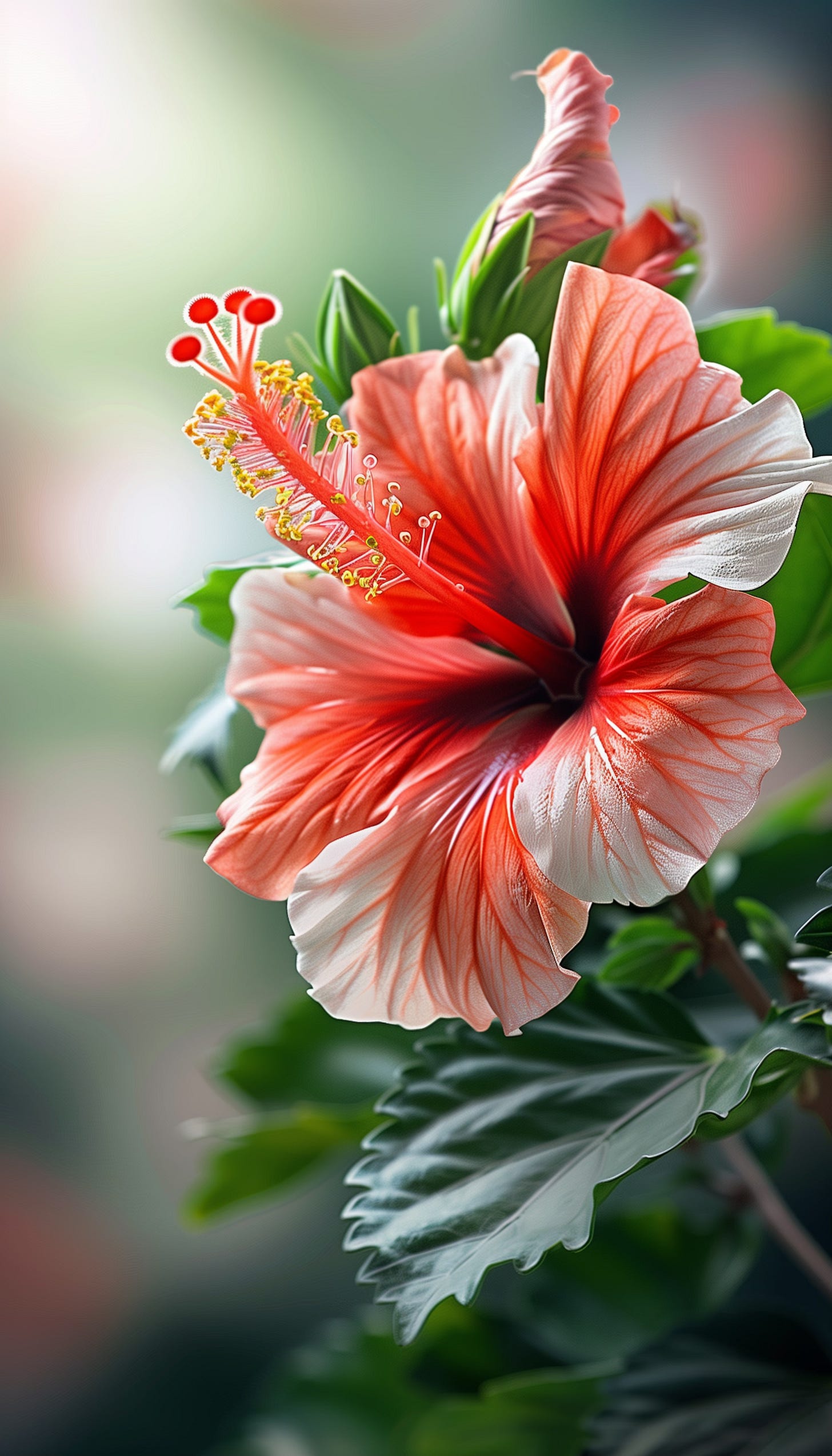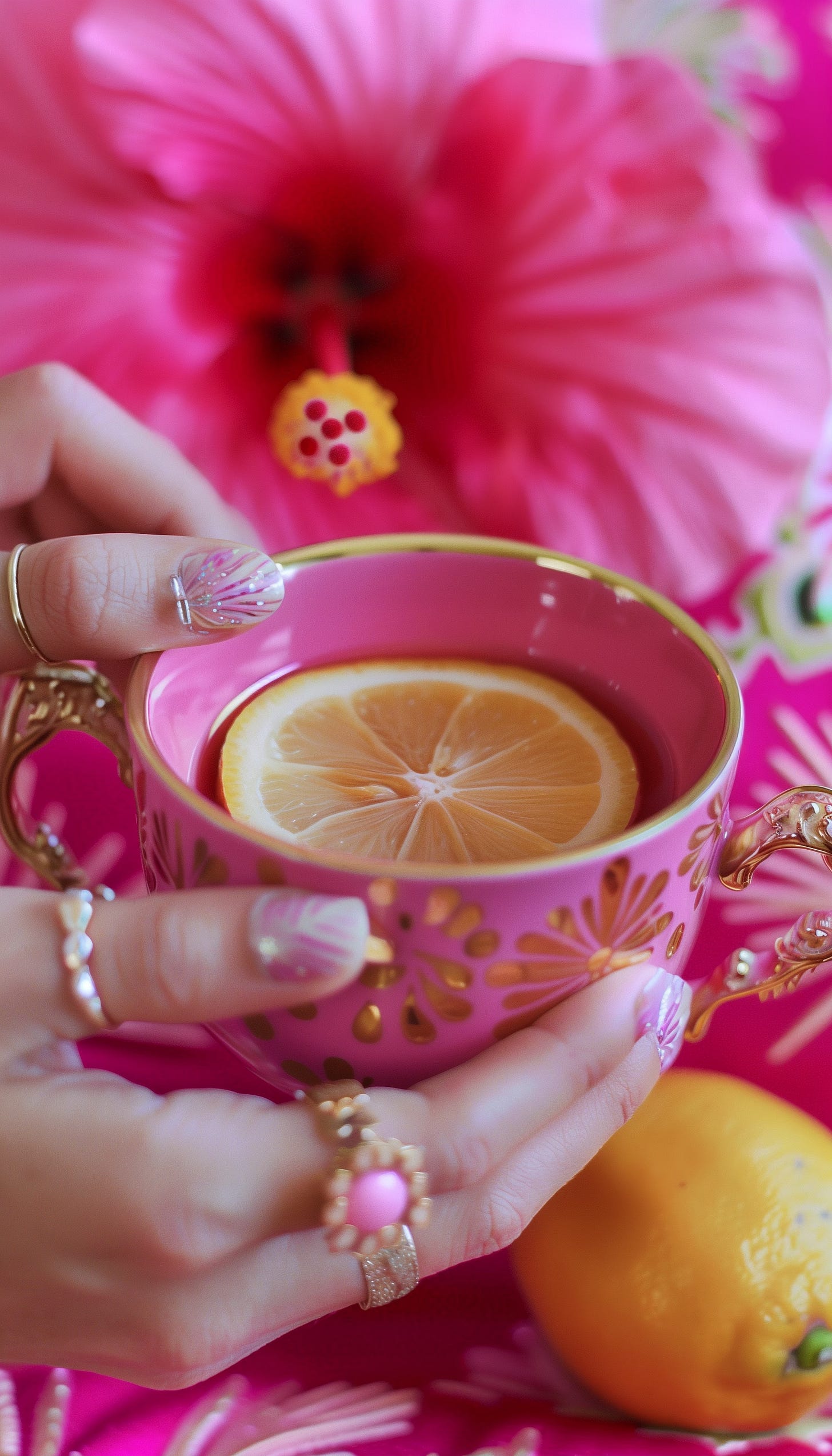Hibiscus flowers are not only stunningly beautiful, but they also offer a range of health benefits and have been used historically across various cultures. Here are five key points that highlight the magic of hibiscus flowers:
1. Rich in Antioxidants
Health Benefits: Hibiscus flowers are packed with antioxidants, which help combat free radicals in the body. This can reduce oxidative stress and lower the risk of chronic diseases.
Cultural Use: In traditional medicine, hibiscus tea has been used to promote overall health and well-being, particularly in African and Asian cultures.
2. Supports Heart Health
Health Benefits: Studies have shown that hibiscus tea can help lower blood pressure and cholesterol levels, both of which are essential for maintaining a healthy heart.
Historical Use: In Egypt, hibiscus tea, known as "karkade," has been consumed for centuries to support cardiovascular health and improve circulation.
3. Boosts Immune System
Health Benefits: Rich in vitamin C and other essential nutrients, hibiscus helps strengthen the immune system, aiding the body in fighting off infections and illnesses.
Cultural Significance: Hibiscus has been used in Ayurvedic medicine to treat colds and flu, leveraging its immune-boosting properties.
4. Aids Digestion
Health Benefits: Hibiscus has natural diuretic properties that help cleanse the digestive system. It can also help in managing weight by boosting metabolism.
Cross-Cultural Use: In Mexico, hibiscus, known as "agua de Jamaica," is commonly consumed to aid digestion and as a refreshing, health-promoting beverage.
5. Mindfulness and Beauty
Health Benefits: The vibrant color and pleasant fragrance of hibiscus flowers can enhance mindfulness and reduce stress. Taking time to appreciate their beauty can have calming effects on the mind.
Cultural Practices: In Hawaii, hibiscus flowers are often worn as hair accessories or used in leis, symbolizing beauty and hospitality, and promoting mindfulness of nature's wonders.
Recipe: Hibiscus Tea
Ingredients:
1/2 cup dried hibiscus petals
4 cups water
1-2 tablespoons honey or sugar (optional)
Fresh mint leaves (optional)
A squeeze of lime or lemon juice (optional)
Instructions:
Boil Water: Bring 4 cups of water to a boil in a pot.
Add Hibiscus Petals: Remove the pot from heat and add the dried hibiscus petals. Let it steep for about 10-15 minutes.
Strain the Tea: Strain the mixture into a pitcher or teapot, discarding the hibiscus petals.
Sweeten (Optional): Add honey or sugar to taste if desired. You can also add fresh mint leaves for additional flavor.
Serve: Serve hot or chilled, with a squeeze of lime or lemon juice if desired.
Health Precautions:
Blood Pressure: Hibiscus tea can lower blood pressure, so it is advisable for individuals on antihypertensive medications to consult their doctor before consuming it regularly.
Pregnancy and Lactation: Pregnant and breastfeeding women should avoid hibiscus tea as it may have adverse effects.
Allergies: Individuals with allergies to hibiscus or related plants should avoid consuming hibiscus tea.
Conclusion:
Hibiscus flowers are more than just a pretty sight. Their health benefits, historical significance, and cultural symbolism make them a wonderful addition to any wellness routine. Enjoy a cup of hibiscus tea, appreciate its beauty, and reap the myriad health benefits it offers.





